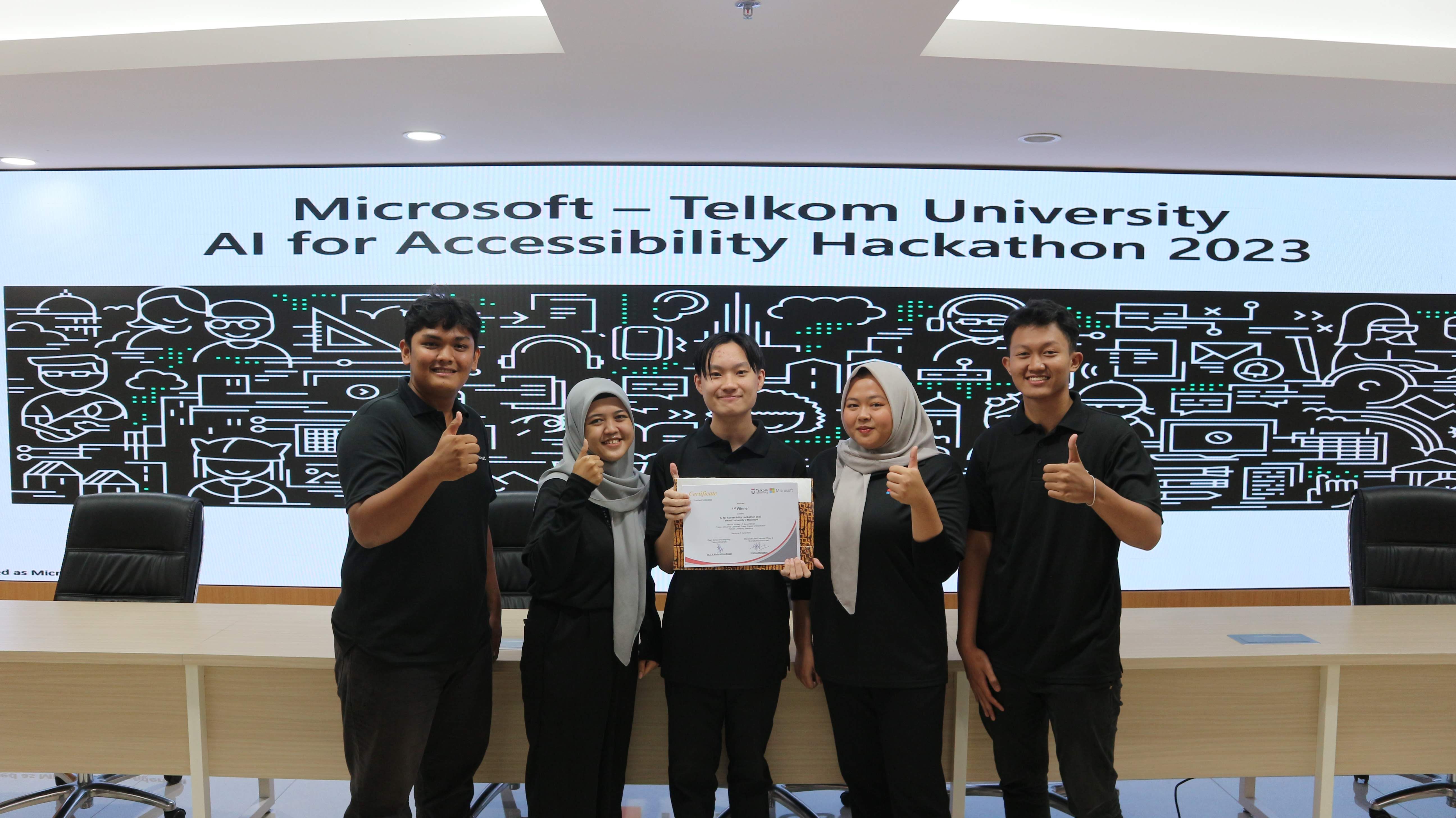
Breaking Barriers: The Impact of AI for Accessibility
In the realm of technology, Artificial Intelligence (AI) is increasingly recognized for its potential to break down barriers and enhance accessibility for individuals with diverse abilities. This article explores the transformative influence of AI for Accessibility, shedding light on the innovations that empower inclusivity and redefine the digital landscape.
AI-Powered Assistive Technologies: Bridging the Accessibility Gap
AI for Accessibility manifests through the development of assistive technologies that leverage artificial intelligence to cater to the specific needs of individuals with disabilities. These technologies go beyond traditional solutions, offering personalized and adaptive features that enhance accessibility in various aspects of life, from education to daily tasks.
AI for Accessibility in Action
To witness AI for Accessibility in action and explore cutting-edge solutions, visit AI for Accessibility for an in-depth look at the technologies driving inclusivity in the digital age.
Natural Language Processing: Transforming Communication for All
One significant application of AI for Accessibility lies in natural language processing (NLP) technologies. These advancements empower individuals with speech and communication challenges by providing tools that interpret and generate human-like language. Voice recognition, text-to-speech, and language translation contribute to fostering effective communication and breaking down linguistic barriers.
Computer Vision Innovations: Enabling Independence Through Sight
For individuals with visual impairments, AI-powered computer vision innovations are revolutionary. These technologies utilize machine learning algorithms to interpret visual information and provide auditory or tactile feedback. From object recognition to scene description, AI-driven computer vision fosters greater independence and facilitates a more inclusive environment.
Smart Assistants and Accessibility: Personalized Support
Smart assistants infused with AI capabilities play a crucial role in enhancing accessibility. These intelligent systems can assist individuals with disabilities by providing voice-activated controls, scheduling reminders, and offering real-time information. The personalized nature of smart assistants tailors support according to individual needs, making technology more accessible and user-friendly.
Inclusive Education with AI: Empowering Learning Experiences
AI for Accessibility is reshaping the landscape of education by fostering inclusive learning experiences. Adaptive learning platforms leverage AI algorithms to cater to diverse learning styles and provide personalized support to students with varying abilities. This ensures that education becomes accessible to everyone, regardless of their unique needs.
AI-Enhanced Navigation: Navigating the Physical World
Navigating physical spaces can be a challenge for individuals with mobility impairments. AI-enhanced navigation solutions utilize real-time data and machine learning to offer optimized routes, accessibility information, and alerts about potential obstacles. This not only enhances independence but also contributes to creating more inclusive public spaces.
Challenges and Ethical Considerations: Navigating the AI Frontier
While AI for Accessibility brings about significant advancements, it also raises challenges and ethical considerations. Ensuring that AI technologies are designed with inclusivity in mind, addressing potential biases, and safeguarding user privacy are crucial aspects of navigating the AI frontier responsibly. Striking a balance between innovation and ethical considerations is vital for fostering a truly inclusive digital environment.
Collaboration and Co-Creation: Shaping an Inclusive Future
The future of AI for Accessibility lies in collaboration and co-creation. By actively involving individuals with disabilities in the design and development process, technology can be tailored to meet diverse needs effectively. This collaborative approach ensures that AI solutions genuinely enhance accessibility and empower individuals to fully participate in the digital world.
Conclusion
In conclusion, AI for Accessibility represents a powerful force in fostering inclusivity and breaking down barriers. The transformative impact of AI technologies is evident in various aspects of daily life, from communication to education and navigation. As the field continues to evolve, the emphasis on ethical considerations and collaborative approaches will be instrumental in shaping a future where technology truly serves the needs of all individuals, regardless of their abilities.
